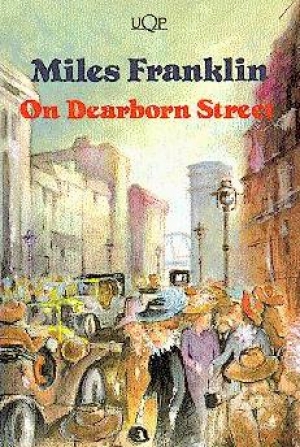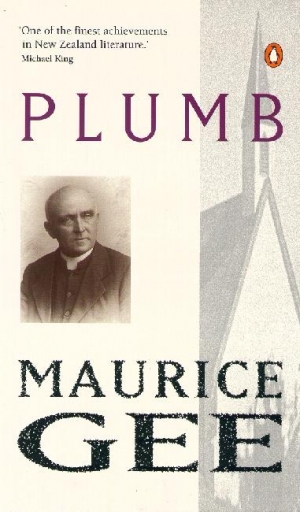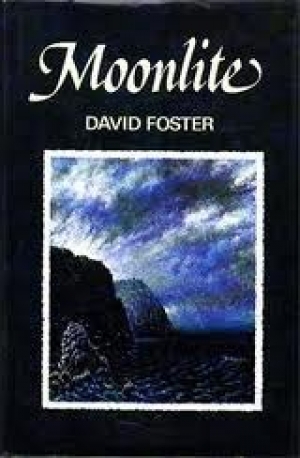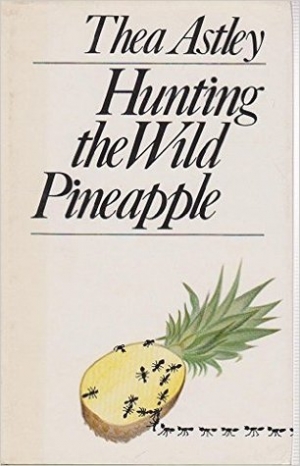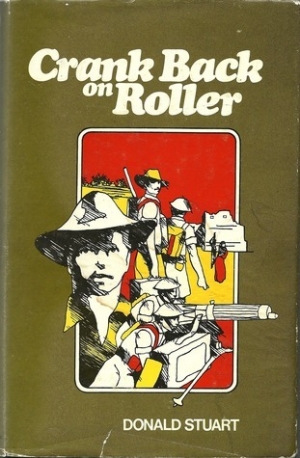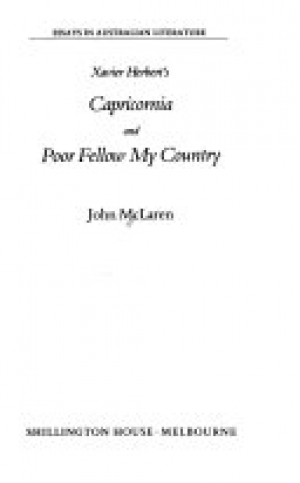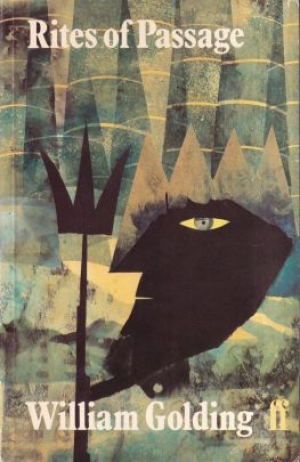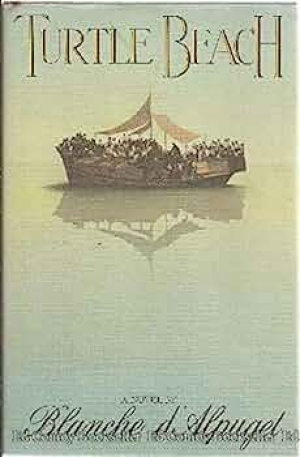Fiction
Children’s Book Week is traditionally a time to take an overall view of the last year’s output of children’s books. Such an overall view is necessarily superficial but it can be interesting to note the appearance of new authors and illustrators, new themes, or different treatment of old themes. This article will look at the picture books and fiction of the last twelve months.
... (read more)Graham Burns reviews 'True Love and How to Get It' by Gerard Lee and 'Bliss' by Peter Carey
Peter Carey’s first novel, Bliss, will be self-recommending to all admirers of his astonishing short stories. The Fat Man in History and the even better War Crimes mark Carey as the most genuinely original of our storytellers – a fabulist and, in some corners of his imagination, a surrealist of disturbing power. Part of his achievement and, arguably, a sign of his freshness of vision is that his fictions manage so adroitly to slip through the critic’s webs of explication. They tend to resist any simple yielding up of their inner meaning at the same time as they touch the nerves of our general experience and social fears. The central figures of his narratives are typically trapped in the labyrinths of their obsessions or delusions, they are solitaries, often, like the fat men in the title story, both victims and perpetrators of their condition.
... (read more)This novel raises more interesting questions about its author than about its characters and action.
... (read more)Nancy Keesing reviews 'Plumb' by Maurice Gee and 'Approaches' by Garry Disher
In a way, two words suffice for Plumb. Read it. It would be fair to add, ‘Make yourself read it.’ The inexorable, old man’s voice of its narrator George Plumb may irritate you, but before long you will respect his unrelenting and unsparing honesty with himself and his memories, and you will realise that everything he says has its place in this splendidly fashioned novel. At the end, he writes: ‘I thought, I’m ready to die, or live, or understand, or love, or whatever it is. I’m glad of the good I’ve done, and sorry about the bad.’
... (read more)I’ve always had a terror of one day having to explain a joke. And now it’s happened. Moonlite is one of the jokiest books since Such Is Life which in its turn reminds us of the even jokier Tristram Shandy and behind that no less than Rabelais himself. The best way to talk about Moonlite, then, is perhaps to say that it is bouncing, bewildering, wilful and – very occasionally – boring, just as these books are.
... (read more)Stewart Edwards reviews 'Hunting the Wild Pineapple' by Thea Astley
There nine stories in this volume are rich in people, satire, compassion, and humour. And set like ambushes, unexpected and surprising, are several cameos. It is a captivating, ensnaring book, but to call it a book of short stories would be so inadequate as to be misleading. There is an uncommon coherence, slender but powerful enough to raise it above that easy classification.
... (read more)Crank back on roller, belt left front ...’ So begins the sequence. Stuart’s novel, the fifth in a series of six called The Conjuror’s Years, depicts Colin of Drought Foal and Wedgetail View following the instructions for preparing his Vickers gun to fire against the Vichy French in the 1941 AIF invasion of Syria.
... (read more)Russel McDougall reviews 'Xavier Herbert’s Capricornia and Poor Fellow My Country' by John McLaren
Rites of Passage qualifies for a notice in ABR because, although it is written and published in Britain, it is among other things an account of the adventures of one Edmund Talbot who has taken a passage to Australia sometime during a lull in the wars with France, towards the end of the eighteenth century.
... (read more)Frances McInherny reviews 'Turtle Beach' by Blanche d'Alpuget
Dust jacket blurbs are usually misleading, but at least one point made by the back cover of Blanche d’Alpuget’s new novel, Turtle Beach, is authentic. It refers to the ‘Graham Greene sense of inevitability’ of the events of the work. As an admirer of Greene, especially in his Third World novels, I can confidently recommend Turtle Beach as a worthy successor to such socially important novels as The Quiet American and The Comedians. D’Alpuget has the same keen sense of the inadequacies, irrelevance and wrongheadedness of Western involvement in the East, the same wryly ironic depiction of the frailty of human nature regardless of class, colour, creed or sex.
... (read more)

